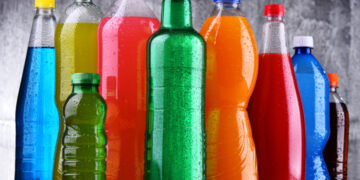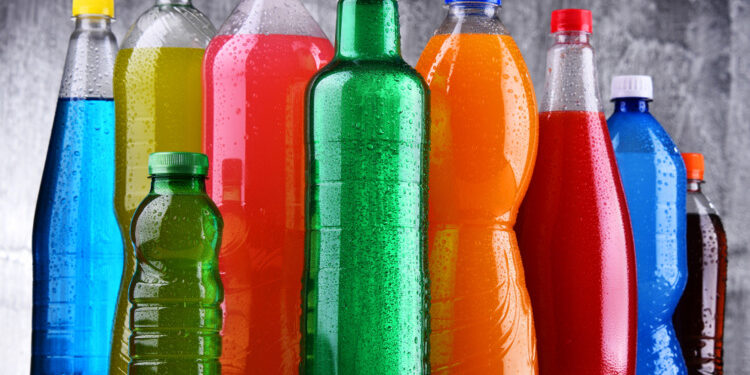By Ebi Kesiena
At a virtual stakeholder roundtable convened by the National Action on Sugar Reduction Coalition (NASR) Hon. Abubakar Hassan Nalaraba, Chairman House Committee on Pilgrims stated that the National Assembly will support a carbonated drinks tax.
Recall that earlier this year, Hon. Nalaraba sponsored a motion that was presented before the National Assembly, calling for a tax on carbonated drinks and a ban on misleading packaging claims.
Speaking at the roundtable attended by economic experts from the World Bank and health experts from the Nigerian Cancer Society, Hon. Nalaraba reaffirmed his support for the proposed carbonated drinks tax.
He stressed that the Parliament is ready to support and work very closely with the Coalition to ensure the tax is not removed from the Finance Bill.
Reiterating the World Health Organizations’ recommendations, World Bank Senior Specialist Olumide Okunola asserted that no less than a 20% excise tax on all sugar-sweetened beverages will reduce their consumption.
He further emphasised that tax revenue should be remitted to the health sector to support health services delivery.
About National Action on Sugar Reduction, Carbonated Drinks Tax
The correlation between the intake of carbonated drinks and type 2 diabetes, stroke and other non-communicable diseases (NCDs) has long been established. In Nigeria, NCDs beset people of all social classes; however, the poor are most unable to afford the high costs of treatment.
Decreasing the consumption of carbonated drinks will prevent the harmful effects of these drinks.
The NASR Coalition and its partners, comprising sixteen health groups, had previously petitioned Minister of Finance Zainab Shamsuna in an open letter urging the government to move forward with a proposed carbonated drinks tax.
While praising the minister for her announcement of this “pro-health” tax, the organisations provided evidence from several geographies, including South Africa, where similar taxes have worked to reduce the consumption of carbonated drinks and other sugary beverages.
In the statement, the Coalition cited key outcomes from South Africa’s carbonated drinks tax, known as the “health promotion levy”, which raises prices of beverages by taxing them according to the amount of sugar the drink contains. Evidence shows that such an excise tax is well-suited to address the harmful effects of sugary beverages and produce much-needed revenue.
One year after implementing its health-promotion levy, South Africa recorded a decrease in sugary beverage intake. Among high consumers, consumption decreased by up to seven times a week. Notably, with a tax equivalent to 15 US cents per gram of sugar, South Africa’s sugary beverage tax generated USD140 million in the first year.
These health organisations made a case for a similar tax in Nigeria. Nearly 80% of Nigerians pay out of pocket for healthcare. For Nigeria’s poorest, a carbonated drinks tax would be a protective measure. The groups argued that drink manufacturing companies pay nothing for the harm their products cause, and even target low socioeconomic groups by offering higher drink volumes at lower prices, to the detriment of their health. Contrary to the assumption that carbonated drink taxes discriminate against the poor, they stand to benefit as a result of reduced consumption, better health and a lower likelihood of impoverishment from high health spending.
Also, if purposefully channelled, revenue from this proposed tax can lessen the mounting burden of non-communicable diseases on the poor and on the nation’s healthcare system.
However, the statement emphasised that a carbonated drinks tax would deliver “three wins”: a win for public health, domestic revenue, and the economy and requested that taxes be utilised for healthcare provision.




































